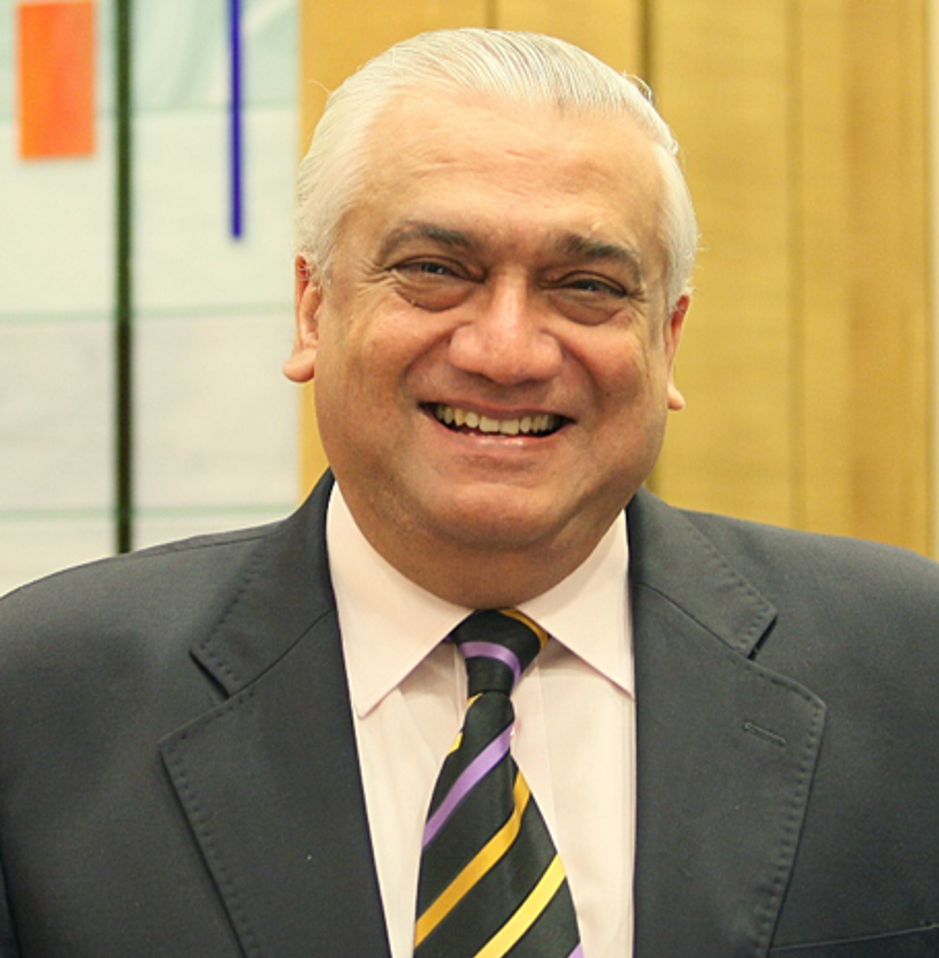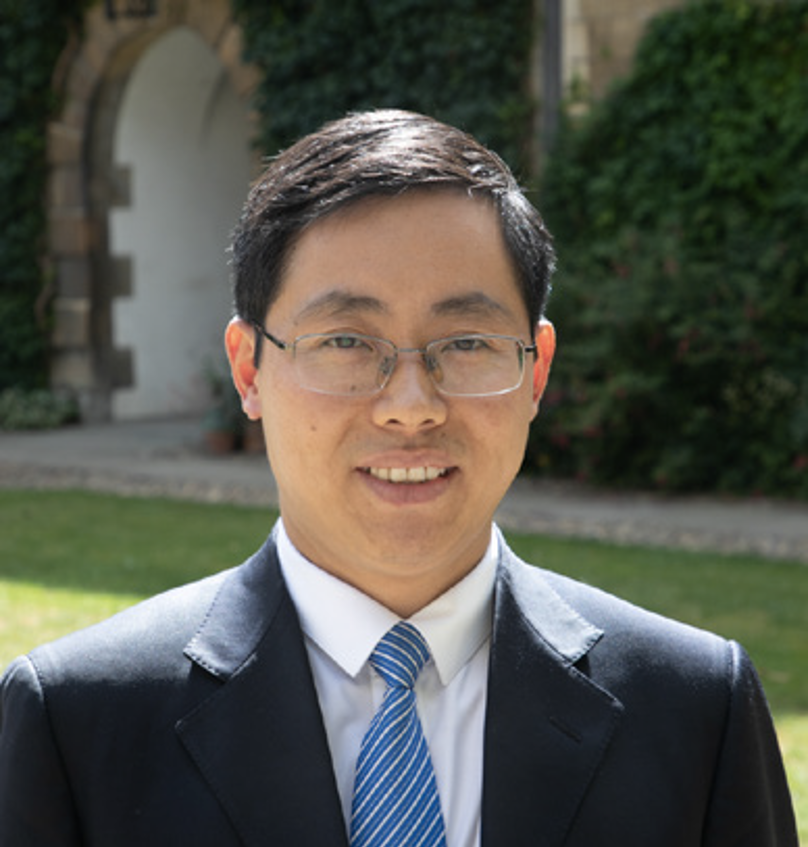Great Power Competition in the Asia-Pacific: Challenges for Gulf Economic and Political Interests
The Asia-Pacific region (including East Asia, South East Asia, South Asia, and Oceania) is one of the most culturally diverse and economically vibrant regions in the world. It is the cradle of ancient civilisations: Islam, Hinduism, Buddhism, Christianity, Confucianism, and other religions coexist in the region, which is also the hub of global economic achievement. Nations with significant regional and global influence, such as China, India, ...
Abstract
The Asia-Pacific region (including East Asia, South East Asia, South Asia, and Oceania) is one of the most culturally diverse and economically vibrant regions in the world. It is the cradle of ancient civilisations: Islam, Hinduism, Buddhism, Christianity, Confucianism, and other religions coexist in the region, which is also the hub of global economic achievement. Nations with significant regional and global influence, such as China, India, and Japan, and middle powers, such as the Republic of Korea, Indonesia, Vietnam, Malaysia, Australia, and Pakistan, are today reshaping the international political, security, economic, energy, and high-tech architecture.While Japan, South Korea, and Australia are committed to defence ties with the US, the other middle powers in the Asia-Pacific pursue policies of balancing, bandwagoning, hedging, and neutrality in response to the US-China strategic competitions. ASEAN, for instance, rejects the idea of a “new Cold War” in the region and asserts strategic autonomy in the face of great power rivalry. However, it is noteworthy that the burgeoning competition in the Asia-Pacific is taking place amidst significant initiatives to link the economically vibrant region through trade, investment, and logistical connectivity. Long cut off by mountains, rivers, and seas, and with time-consuming and costly land transport historically, the Asia-Pacific countries had to rely on the Western maritime powers of Europe and the US, their main economic and trade partners. In the new era, the construction of highways, railways, power grids, and information networks has accelerated, enhancing connectivity among the Asia-Pacific countries, an effort that has overcome the natural disadvantage in the past two centuries.
Description and Rationale
The Asia-Pacific region (including East Asia, South East Asia, South Asia, and Oceania) is one of the most culturally diverse and economically vibrant regions in the world. It is the cradle of ancient civilisations: Islam, Hinduism, Buddhism, Christianity, Confucianism, and other religions coexist in the region, which is also the hub of global economic achievement. Nations with significant regional and global influence, such as China, India, and Japan, and middle powers, such as the Republic of Korea, Indonesia, Vietnam, Malaysia, Australia, and Pakistan, are today reshaping the international political, security, economic, energy, and high-tech architecture.
While Japan, South Korea, and Australia are committed to defence ties with the US, the other middle powers in the Asia-Pacific pursue policies of balancing, bandwagoning, hedging, and neutrality in response to the US-China strategic competitions. ASEAN, for instance, rejects the idea of a “new Cold War” in the region and asserts strategic autonomy in the face of great power rivalry. However, it is noteworthy that the burgeoning competition in the Asia-Pacific is taking place amidst significant initiatives to link the economically vibrant region through trade, investment, and logistical connectivity. Long cut off by mountains, rivers, and seas, and with time-consuming and costly land transport historically, the Asia-Pacific countries had to rely on the Western maritime powers of Europe and the US, their main economic and trade partners. In the new era, the construction of highways, railways, power grids, and information networks has accelerated, enhancing connectivity among the Asia-Pacific countries, an effort that has overcome the natural disadvantage in the past two centuries.









